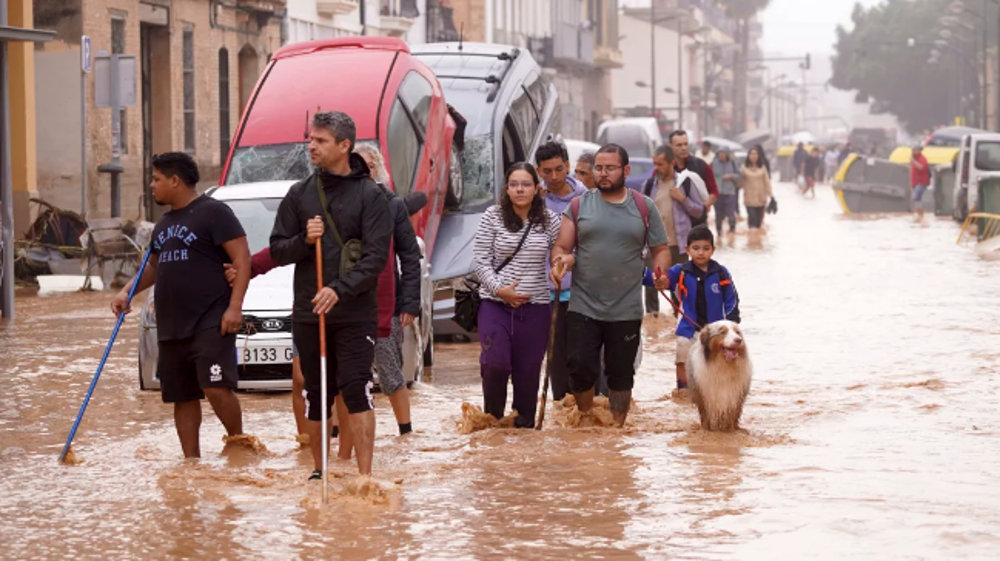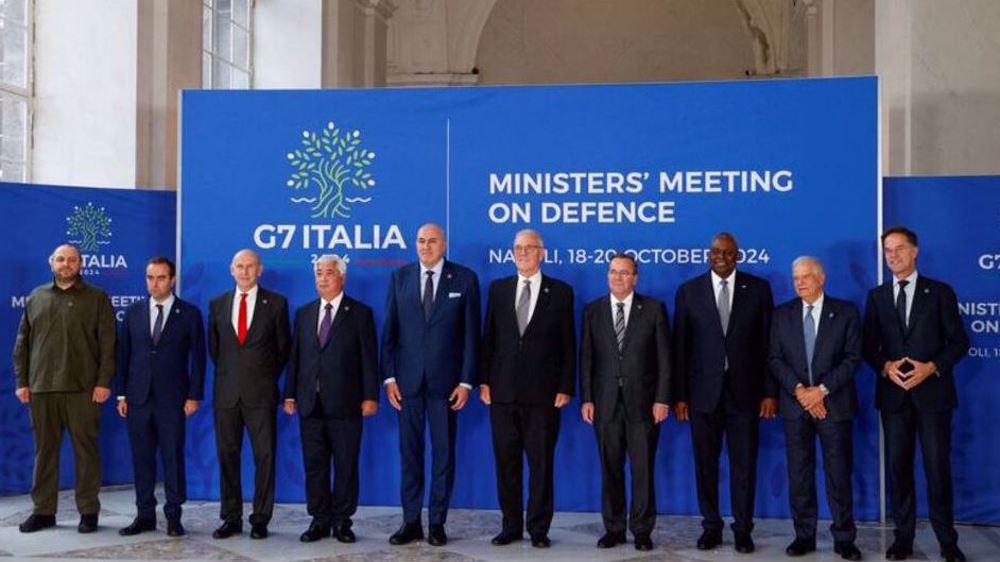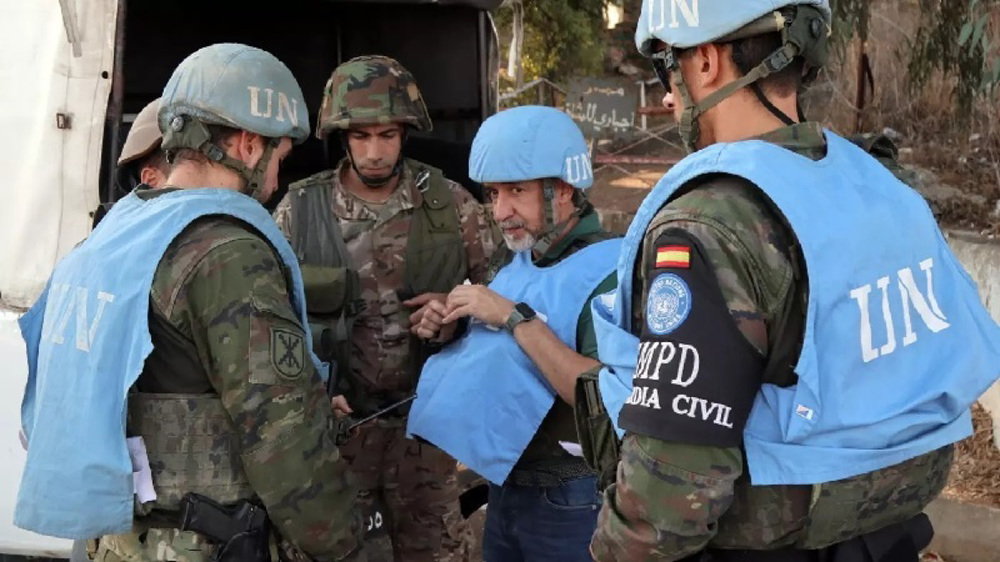Russia warns 'red line' crossed after Ukraine church split
The head of global Orthodox Christianity has recognized Ukrainian churches as independent from the Russian Orthodox Church, sparking cheers in Kiev amid criticisms that Moscow had been trying to promote political influence through its churches.
The decision was announced following a three-day assembly chaired by Ecumenical Patriarch Bartholomew I, the spiritual leader of the world's Orthodox Christians, in Turkey’s Istanbul, the seat of Orthodox Christianity.
Ukraine’s Orthodox churches have been traditionally aligned with that of Russia’s. Their independence from the Russian organization would be a victory for Kiyev as it struggles to keep Moscow at bay.
This would be particularly important for Kiev in light of tensions between Ukraine and Russia in light of Moscow’s support for separatists fighting against Ukraine’s central government in the east.
Ukraine’s pro-Western President Petro Poroshenko endorsed the independence of Ukraine’s churches from Russia, stating that the decision “finally dispelled the imperial illusions and chauvinistic fantasies of Moscow.”
"This is a victory of good over evil, light over darkness," Ukrainian President Petro Poroshenko said. Poroshenko had campaigned for independence.

Russian response
The Moscow Patriarchate has denied being a security threat to Ukraine and has labeled the move as Poroshenko’s initiative to earn popularity for the upcoming presidential elections next year, warning that it may lead to a “tragic and possibly irretrievable schism of the whole Orthodoxy”.
Russian Orthodox Church spokesman Vladimir Legoyda responded to the new measures by saying that Istanbul had “crossed a red line”. The Kremlin also voiced its concern, opposing what it described as a rupture in the Orthodox community.
The Russian Orthodox Church had also announced last month that it would no longer participate in sessions chaired by Bartholomew and would no longer commemorate him in services, threatening to even renounce the patriarch’s spiritual status.
Russia-Ukraine tensions
Ukraine’s bid to split from Russia’s church marks one of the latest developments of an ongoing conflict between the two countries.
An armed conflict broke out in eastern Ukraine between the government and pro-Russia forces following Crimea’s separation from Ukraine and its reunion with Russia, leading to the deaths of about 10,000 people.
Kiev accuses Moscow of involvement in the conflict, a charge it denies.
Washington has sided with the government in Kiev in refusing to recognize the referendum and accusing Moscow of “annexation” of the peninsula.
In one of the most recent incidents related to the conflict, a prominent leader of pro-Russia forces in eastern Ukraine was killed in late August as a result of an explosion blamed on the government in Kiev.
Nov. 4: ‘Axis of Resistance’ operations against Israeli occupation
Britons demand release of pro-Palestine activists
VIDEO | Israel's unwinnable war in Lebanon
Non-aligned nations condemn Israeli violation of Iran's sovereignty
IRGC: 10 foreign-backed terrorists killed, arrested in Sistan and Baluchestan
Iran calls on EU to end targeting ordinary Iranians after missile transfer claims refuted
UK police detain Jewish scholar Haim Bresheeth following pro-Palestine address
VIDEO | Iraqi resistance strikes key Israeli targets in occupied territories













 This makes it easy to access the Press TV website
This makes it easy to access the Press TV website